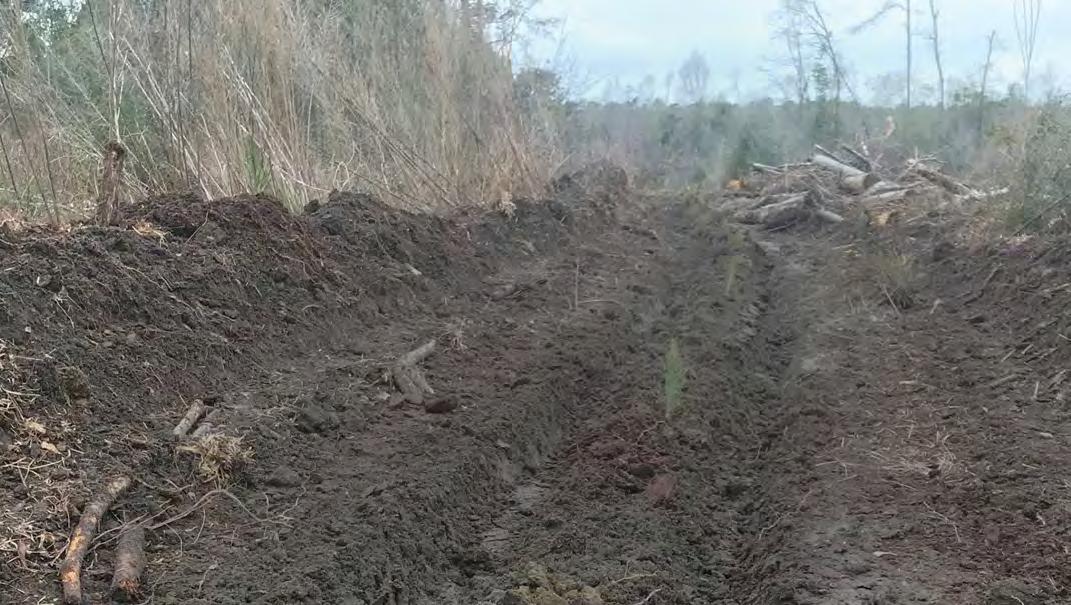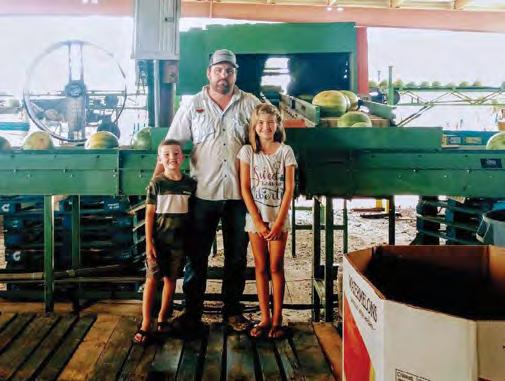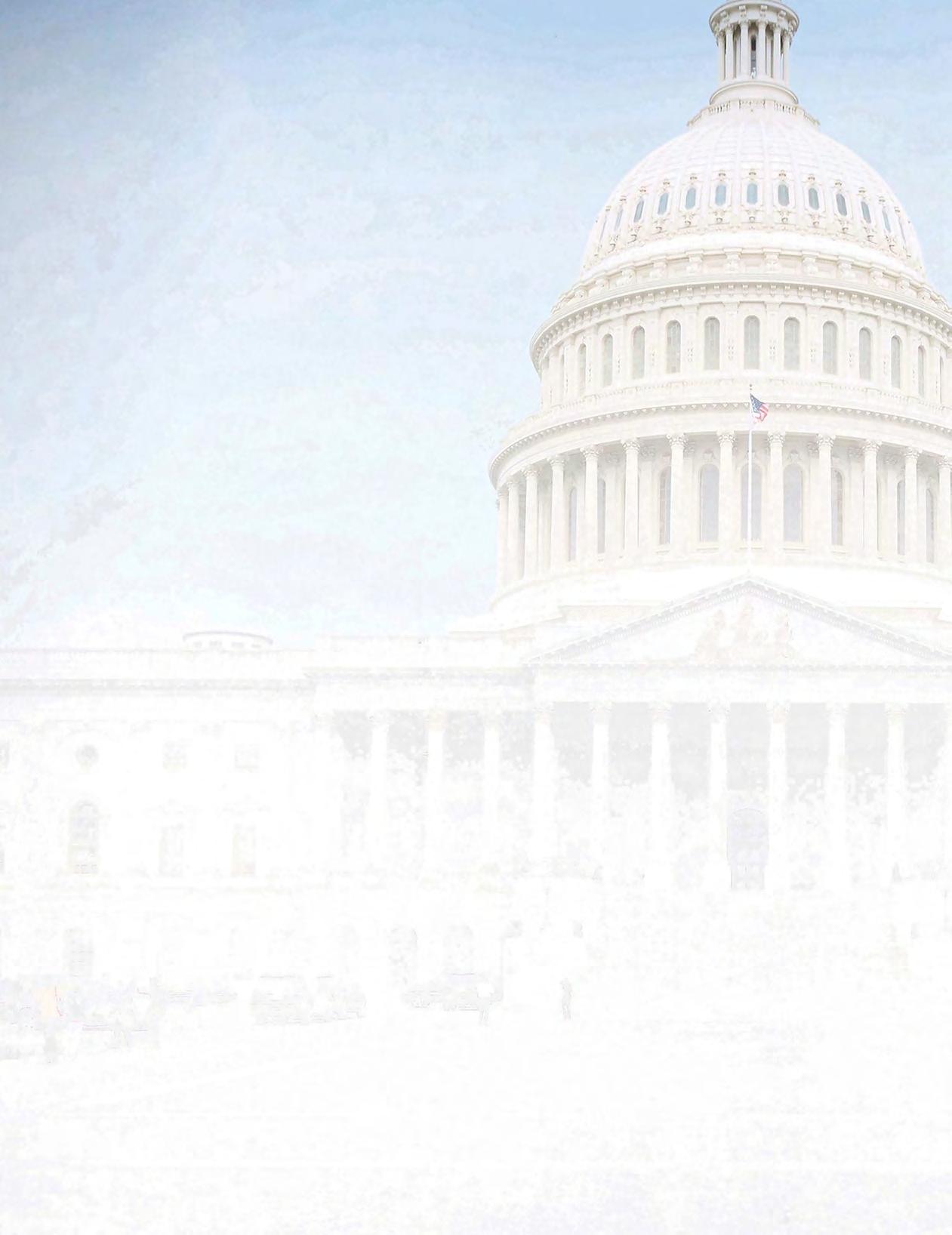
3 minute read
TALLAHASSEE REPORT
A Successful Session For Agriculture
On March 19, the Florida Legislature wrapped up the 2020 legislative session after a six-day extension caused by a delay in budget negotiations.
The COVID-19 outbreak has created significant uncertainty about Florida’s economy and there may be a need for the Legislature to meet again to revise the budget based on updated revenue forecasts.
However, for now, we can report that Florida Farm Bureau has had a successful session both with funding agricultural priorities as well as in the policy arena.
Over the course of the session, two policy priorities emerged as being vitally important. Because of recent blue-green algae outbreaks and Gov. DeSantis’ focus on environmental issues, water quality was a key issue.
The governor also sought to fulfill a campaign promise to pass a bill that would ensure that employers were hiring legal workers through the use of the E-Verify system. WATER QUALITY
SB 712 was the comprehensive water quality bill that largely incorporated the recommendations from the Governor’s Blue-Green Algae Taskforce. It passed both chambers unanimously and was sponsored by Sen. Debbie Mayfield. The House companion was sponsored by Rep. Bobby Payne and Rep. Blaise Ingoglia.
The bill transfers the regulation of septic tanks from the Florida Department of Health to the Florida Department of Environmental Protection, creates a water quality grant program to assist in the transition from septic tanks to central sewer system, requires water management districts to update storm water permit requirements and reinforces Florida Department of Agriculture and Consumer Services’ (FDACS) authority to conduct Best Management Practices (BMP) implementation verification.
For Farm Bureau, the bill adds credibility to the agricultural BMP program through the two-year verification process and supports additional research by FDACS and UF/IFAS to develop new BMPs. It also includes language that prevents initiatives that would grant legal rights to nature. E-VERIFY
SB 664, sponsored by Sen. Tom Lee, also passed both chambers and is headed to the governor’s desk. However, the Senate bill was amended by the House and was passed with the provisions in HB 1265 by Rep. Cord Byrd.
Generally, the Senate’s approach was to mandate the use of E-Verify by public and private employers with certain exemptions for certain private employers. The House approach allowed private employers to verify the employment eligibility of their workers by using E-Verify or by utilizing the federal I-9 verification process.
Farm Bureau believes that any immigration legislation should be By Adam Basford, Director of State Legislative Affairs
adopted at the federal level. But during the session, we strongly preferred the House position because it allows employers to continue using the federally authorized system and because it does not create an additional regulatory burden.
BUDGET
Several budget items that are of particular importance to agriculture ended up in a good place after facing potential cuts earlier in session.
At the end of the day, the most important UF/IFAS request for additional workload dollars was funded at $3.8 million, with $1.7 of that being recurring dollars. These funds allow UF/ IFAS to carry out the essential research and Extension services that the agriculture industry depends on.
The FDACS budget also ended up much better than where it started. The Fresh From Florida program will be fully funded at $5.9 million. The Rural and Family Lands Program will receive $8.7 million this year after being zeroed out in 2019. The Office of Ag Water Policy also received funding for eight additional staff provisions that will be integral to implementing provisions of SB 712 that call for BMP verifications.
Successful outcomes in our top priorities this year were essential, and we appreciate the Legislature and our members for their hard work to make it happen.









